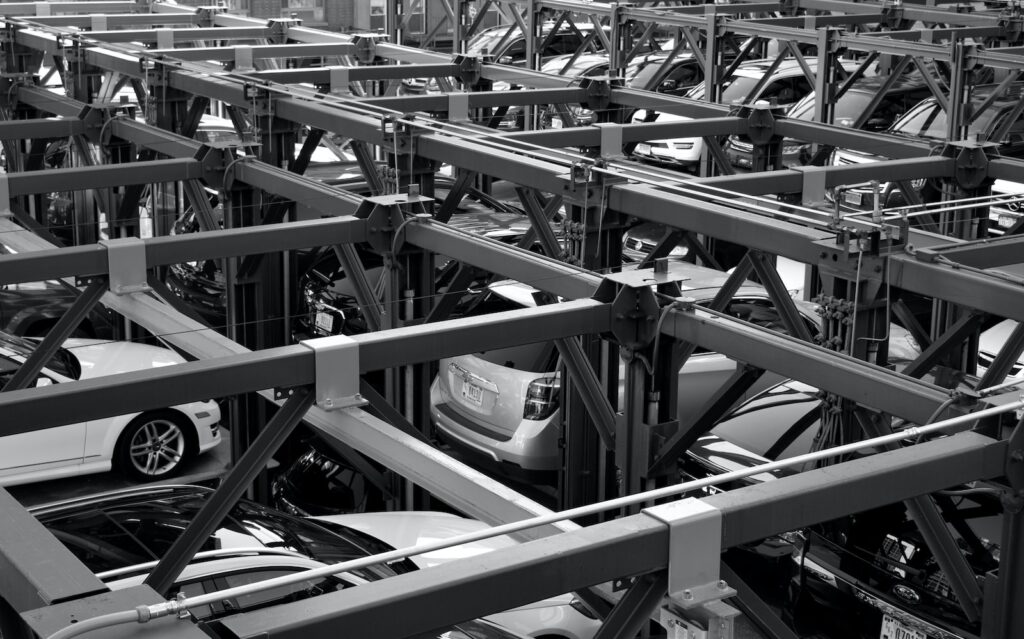EU internal combustion vehicle ban at risk of stalling
The future of the internal combustion engine (ICE) in European Union is looking increasingly unclear as the bloc found itself divided on principle this week.
At a meeting in Strasbourg on Monday, ministers from a loose alliance of car-friendly countries demanded policymakers make changes to proposed legislation, agreed in principle, that would end the sale of new ICE cars and vans by 2035.
Germany, home to one of the most significant automobile industries on the planet and the EU’s largest economy, has emerged as the figurehead of the group of nations now lobbying for a different course of action. This would still move away from traditional petrol and diesel, and instead look to e-fuels as a solution, ensuring ICEs can remain on the market – a move critics say is impractical due to the high cost of e-fuels themselves.
“[E-fuels] are 5x more expensive than petrol and they will only be affordable to the likes of Porsche drivers.”@juliepolie in @euronews this weekend discussing what is at stake as Germany threatens to derail the ICE phase-out👉https://t.co/Lv8i4Pqvhr pic.twitter.com/fLBJfAUAod
— Transport & Environment (@transenv) March 14, 2023
This contrasts the region’s second largest economic player, France, with the Parisian administration signalling it will stand by the 2035 zero emissions road map. Spain has expressed similar intentions, meaning two of Europe’s biggest car markets – and a slew of smaller territories – are ready for a wholesale change in what the sector produces.
‘There is no [European Commission] proposal that corresponds to what we expect, and that is why we have not yet reached our goal,’ said German Transport Minister Volker Wissing told Politico after the meeting.
‘I, too, will speak out against banning the internal combustion engine [should EU leaders vote on the matter],’ added Austrian Chancellor Karl Nehammer, whose government originally voted in favour of the ban last year, explaining he believed the future should not focus ‘only on one sole propulsion mechanism’.
In order for EU law to be rejected, a minimum of four member states must table objections. The 2035 ICE ban has now been challenged by Italy, Poland, Bulgaria, and Czechia, in addition to Germany and Austria, meaning it exceeds the required number. Analysts have also pointed to more countries, including Slovakia, Romania and Hungary, also opposing a law that was trumpeted as one of the EU’s most significant green deals.
Last year, European lawmakers were criticised for not agreeing to an earlier cut off point for internal combustion engine sales. Find out how this could make electric vehicles more affordable here.
Image: Noah Negishi

















